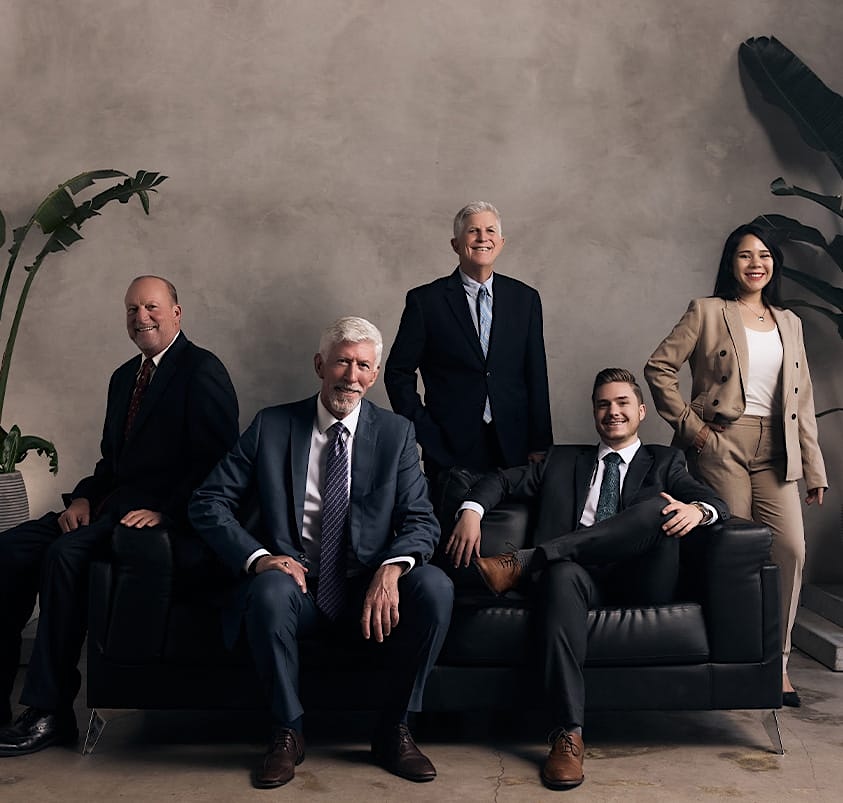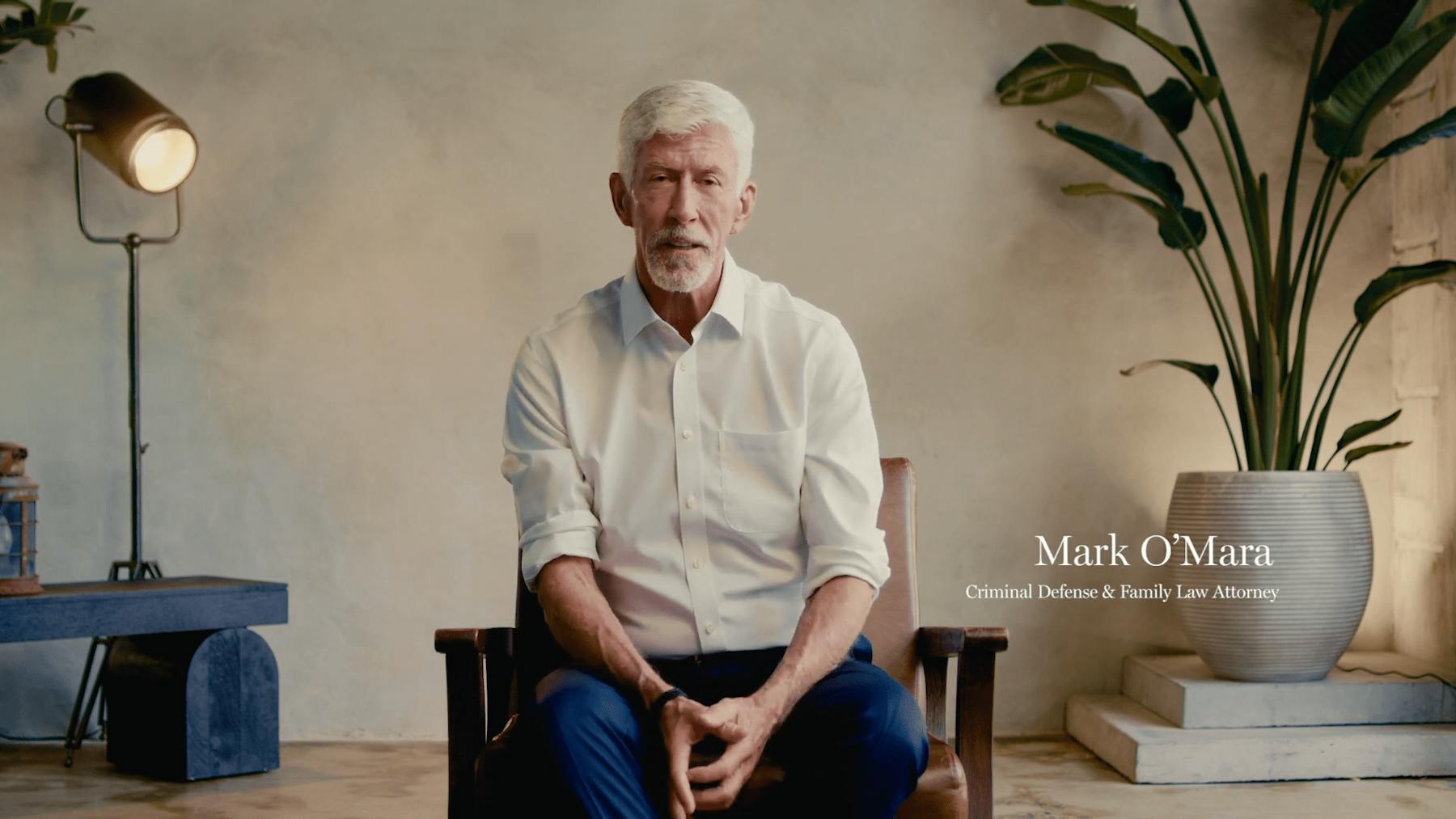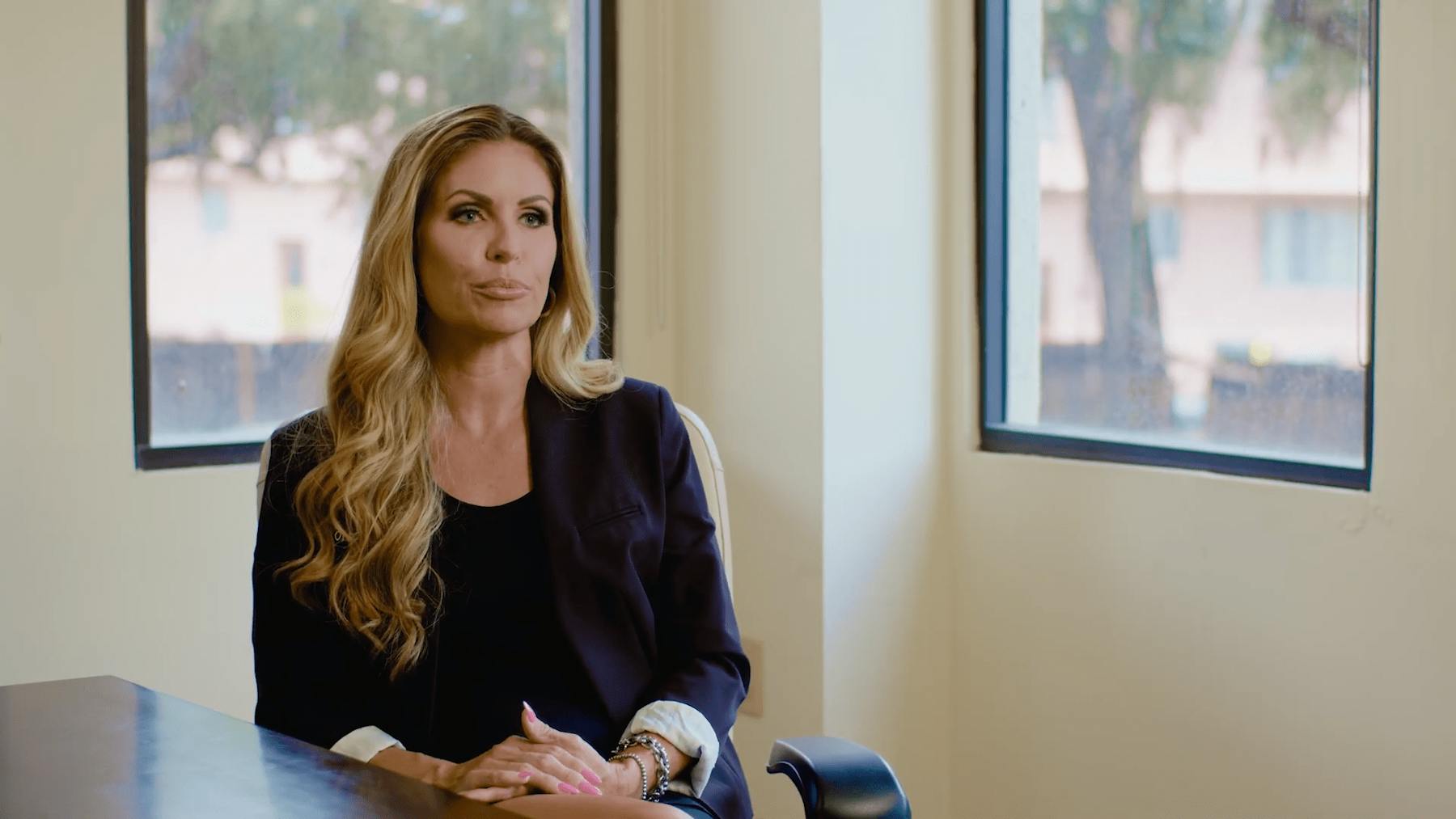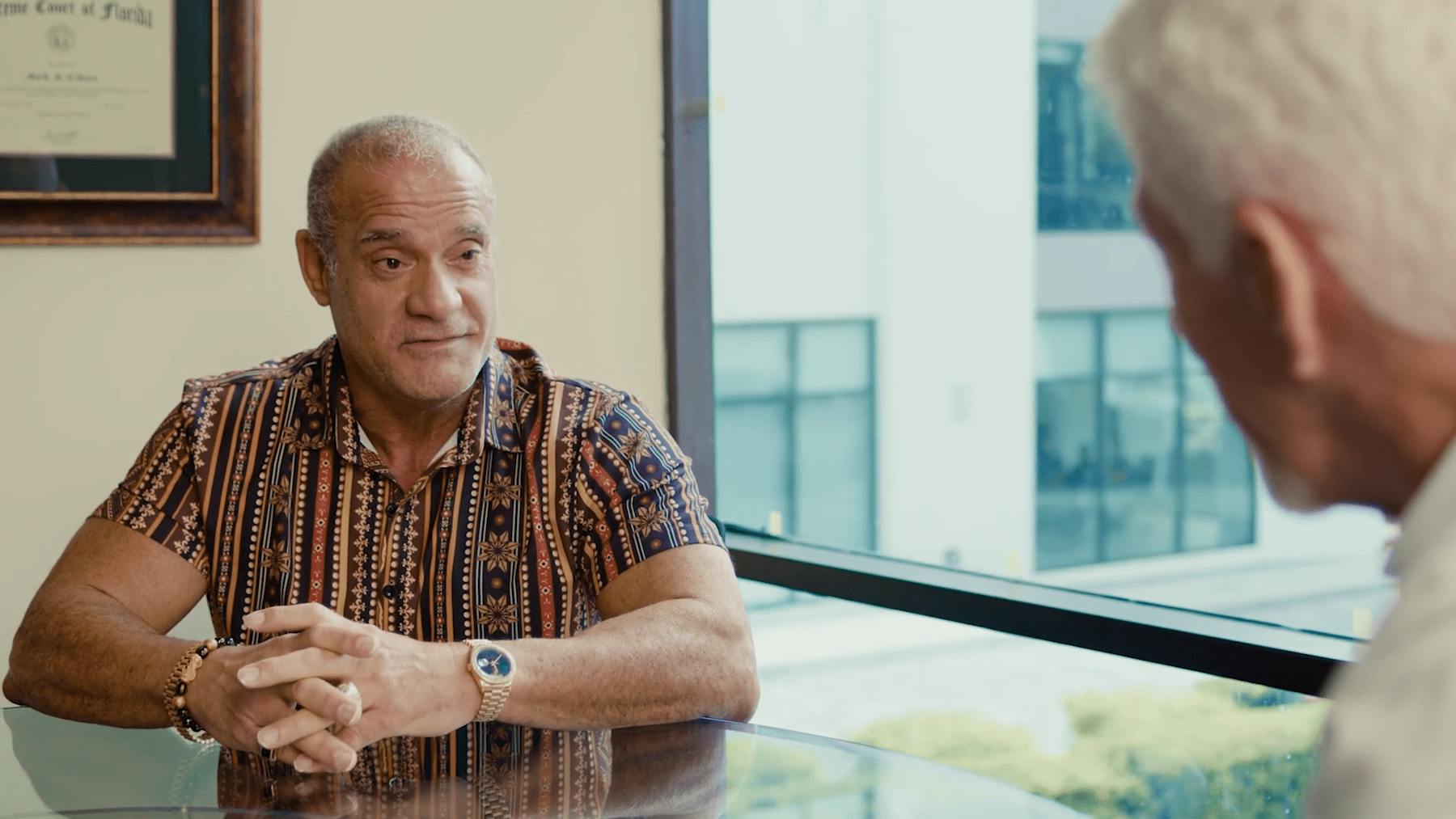If you are facing criminal charges in Florida, your future is on the line. A conviction brings heavy penalties, including fines, a jail or prison term, and long-term consequences affecting your personal and professional life. We understand the weight of these challenges and are committed to developing a strong defense case to fight for you and your freedoms. With more than 40 years of experience, our criminal defense attorneys in Orlando are prepared to handle a variety of cases and guide our clients through the complex legal process.

Why Trust O'Mara Law Group With Your Criminal Charges in Orlando?
At O’Mara Law Group, we have decades of experience handling cases on both sides of the criminal justice system. Our board-certified criminal defense attorneys in Orlando will keep you informed throughout every step of the process, are available day and night, challenge every flaw in the prosecution’s case against you, and fight for the most favorable outcome. Contact us for skilled criminal defense statewide.
Criminal Defense FAQs
What is the criminal process in Florida?
The criminal process in Florida typically includes several stages: arrest, booking, first appearance, arraignment, pretrial motions, plea negotiations, trial, and sentencing. Depending on the circumstances, some cases may be resolved through plea agreements, while others proceed to trial.
What rights do I have in a criminal charge?
If you are charged with a crime in Florida, you have several rights, including the right to remain silent, the right to legal representation, the right to a fair and speedy trial, the right to confront witnesses, and protection against self-incrimination and unlawful searches and seizures.
What is the Florida criminal court system?
The Florida criminal court system consists of county courts (for misdemeanors), circuit courts (for felonies), district courts of appeal, and the Florida Supreme Court. Felony cases are typically heard in circuit courts, while misdemeanor cases are handled in county courts.
What’s the average cost of a criminal defense attorney in Orlando?
The cost of hiring a criminal defense attorney in Orlando varies depending on the complexity of the case, the lawyer’s experience, and whether the case goes to trial.








